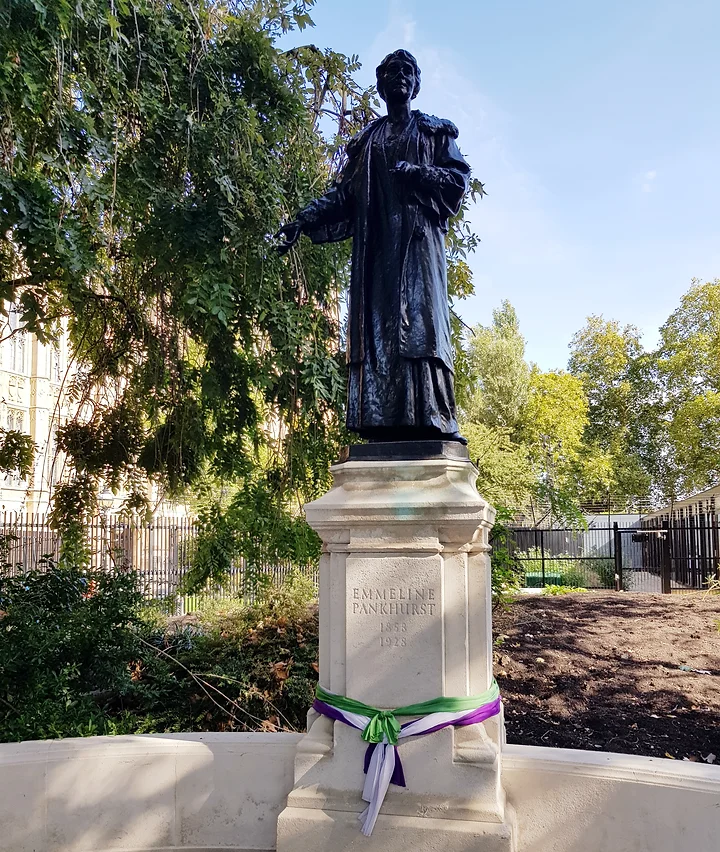
On this day: 15 July 1858
Biography of Emmeline Pankhurst
Elizabeth Streatfeild-James, BA History, Durham University
On this day in 1858 Emmeline Pankhurst, a British suffragette, was born. She played a militant role in helping gain women the right to vote. She was born into a radical political family in Manchester. She married Richard Pankhurst, a lawyer and supporter of the women’s suffrage movement in 1870.
In 1894 she was elected to be a poor law guardian and spent time visiting workhouses in Manchester, witnessing the shocking levels of poverty and trying to improve the conditions.
In 1903 she founded the Women’s Social and Political Union (WSPU), an all-women suffrage organisation dedicated to “deeds, not words”. The group was dedicated to achieving full suffrage for all women through whatever means possible; this included tying themselves to railings, smashing windows, vast demonstrations, placing bombs in post boxes and refusing to eat in prison in an attempt to force the government to release them before they died from starvation. The group operated in vast contrast to the National Union of Women’s Suffrage Societies (NUWSS) founded by Millicent Fawcett, which was dedicated to achieving women’s suffrage through peaceful and democratic means.
At the start of the First World War Emmeline Pankhurst called a truce with the government ensuring that all political prisoners were released. She famously asked: “What is the use of fighting for a vote if we have not got a country to vote in?” During the war women were essential to keeping the country running on the home front. They were drafted into factories and took on many jobs which had previously only been available to men, including munitions factories, ticket collectors, railway guards and firefighters.
There is some debate over how successful the militant campaigns were and whether they actually helped or hindered the suffrage movement. Some argue that violence encouraged already entrenched ideas about female inability to handle the pressures of the vote, whereas others believe it raised the profile of the movement and was a key factor in raising the campaign to a higher profile.
Despite these debates, she is remembered by all as a key member of the women’s suffrage campaign and was definitely a contributing factor towards women gaining the vote. She died in 1928, shortly after the introduction of the bill which finally granted women equal voting rights with men, but weeks before it became law as the Representation of the People (Equal Franchise) Act 1928.
